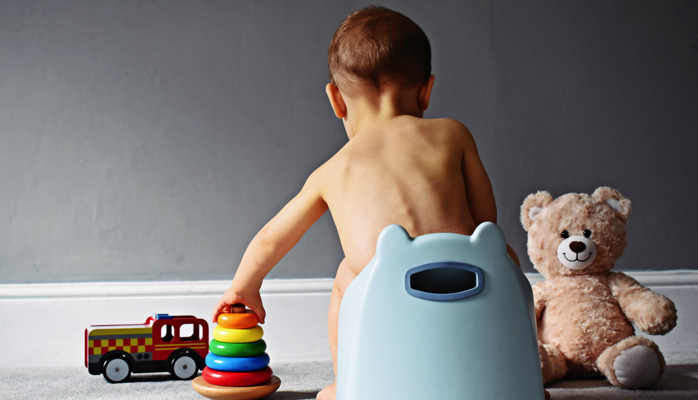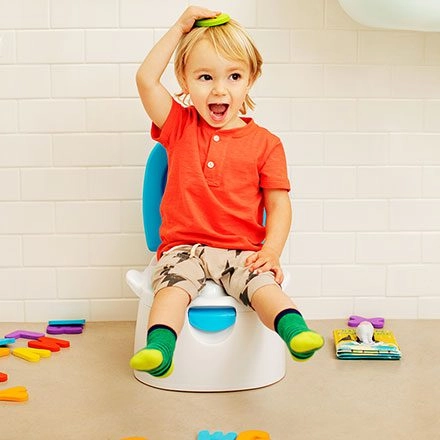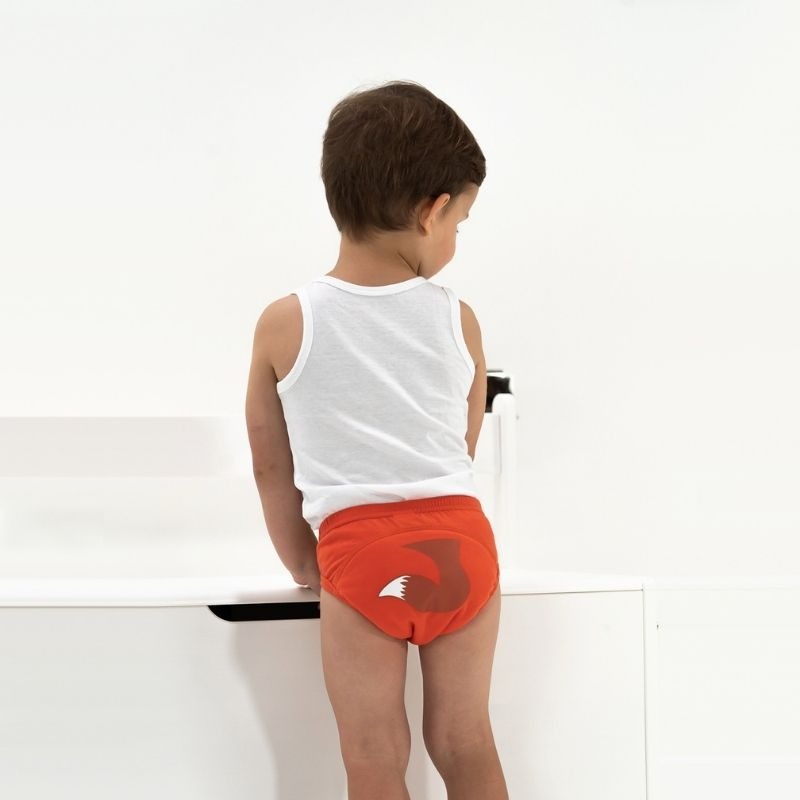Toddler Refusing Potty Training? Stay Calm, Here’s How to Help
Potty training can be a breeze for some toddlers, while others present a more persistent challenge. If your little one is digging in their heels and refusing potty training, take a deep breath! This is a common hurdle, and with some understanding and adjustments, you can still reach your goal.
Why Might My Toddler Refuse the Potty?
Understanding why your toddler might be resistant is the first step towards finding solutions. Here are some common reasons:
1. Not Developmentally Ready:
- Physical development: This includes both bladder and bowel control. Some toddlers might mature faster in one area than the other, leading to inconsistent readiness.
- Cognitive development: Understanding the concept of using the potty, following instructions, and communicating needs are crucial. If your child is still mastering these skills, they might not be fully prepared for potty training.
2. Fear of the Unknown:
- Sensory overload: The unfamiliar sensation of sitting on the potty, the loud flush, or even the cold porcelain can be overwhelming for some toddlers.
- Fear of falling in: The large toilet bowl can appear scary, especially for younger children.
- Unfamiliarity with the process: They might not understand what’s expected of them or what happens after they use the potty.
3. Dislike for Change:
- Comfort in routine: Toddlers thrive on predictability. Introducing a new routine like potty training can disrupt their sense of comfort and security, leading to resistance.
- Loss of control: Potty training often involves giving up diapers, which can feel like a loss of autonomy for some toddlers.
4. Power Struggle:
- Testing boundaries: As toddlers develop their sense of independence, they might try to assert control by refusing to cooperate with potty training.
- Seeking attention: Negative attention, like getting scolded for accidents, can still be attention for some toddlers. Refusing the potty might become a way to get a reaction.
Avoid These Common Mistakes
While frustration is understandable, certain approaches can backfire and make things worse. Here’s what to avoid:
- Forced Sitting: Don’t pressure your child to sit on the potty for extended periods. This can create a negative association and further resistance.
- Scolding or Shaming: Accidents happen. Scolding or shaming your child will only damage their confidence and self-esteem.
- Comparing to Others: Every child develops at their own pace. Comparing your child’s progress to others can create unnecessary pressure and discouragement.
Turning Things Around – Positive Strategies
Now, let’s explore some positive strategies to help your little one overcome their potty training resistance:
- Focus on Playful Exploration: Make the potty a fun and inviting place. Let your child decorate it with stickers or choose colorful potty training pants.
- Read Potty Training Books Together: Books can normalize potty training and help your child understand the process in a lighthearted way.
- Positive Reinforcement: Celebrate every success, no matter how small! Use praise, stickers, or a simple reward chart to motivate your child.
- Let Your Child Take the Lead: Empower your child by giving them choices. Let them pick their potty training pants or participate in cleaning up after an accident.
Addressing Specific Concerns
Understanding the root cause of your toddler’s potty training resistance is crucial. Here’s a deeper dive into how to address specific concerns with personalized strategies:
1. Fear of the Toilet:
- Desensitization: Gradually introduce your child to the toilet. Let them flush toys down the toilet, decorate the bathroom with stickers, or even place a potty chair in the bathroom alongside the toilet.
- Visual aids: Use picture books or videos that depict potty training in a friendly and positive light.
- Start small: Begin with short practice sessions where your child sits on the potty with clothes on. Gradually increase the sitting time as they become more comfortable.
- Offer reassurance: Talk to your child in a calm and gentle voice. Explain that the toilet is safe and won’t hurt them. You can even offer to sit beside them on a regular toilet (if age-appropriate) for additional support.
2. Dislike for Change:
- Introduce gradually: Slowly integrate potty time into your daily routine. Start with one or two potty breaks a day and gradually increase the frequency as your child becomes accustomed to the new routine.
- Offer choices: Empower your child by giving them some control over the process. Let them choose their potty training pants, pick out a reward chart, or decide on a fun activity to do after using the potty.
- Maintain familiar routines: While introducing potty time, try to keep the rest of your daily routine as consistent as possible to provide your child with a sense of stability.
3. Power Struggle:
- Focus on positive reinforcement: Avoid punishment and instead, focus on praising and rewarding your child’s efforts, even if they don’t lead to immediate success.
- Offer choices, not ultimatums: Instead of demanding they use the potty, offer choices like “Do you want to try the potty now or after your snack?” This empowers them and reduces the feeling of being forced.
- Validate their feelings: Acknowledge their resistance and express understanding. Phrases like “I know you might not want to use the potty, but it’s okay” can help them feel heard and lessen their need to assert control through refusal.
When to Take a Break
Sometimes, it’s best to take a step back and revisit potty training later. Here are some signs you might need a break:
- Constant Power Struggles: If potty training turns into a daily battle, it’s time for a pause. This creates stress for both of you, hindering progress.
- Regression: Some accidents are normal. However, if your child experiences consistent regression after initial progress, a break might be helpful.
Remember: Don’t feel like a failure if potty training takes longer than expected. Every child develops at their own pace. Taking a break allows your child to mature a little more and can make the process smoother when you return to it.
 Conclusion: Patience is Key
Conclusion: Patience is Key
Potty training is a journey, not a race. With patience, understanding, and positive reinforcement, you’ll help your child overcome their resistance and embrace the potty. Celebrate every milestone, big or small, and focus on making it a fun and positive experience for both of you.





